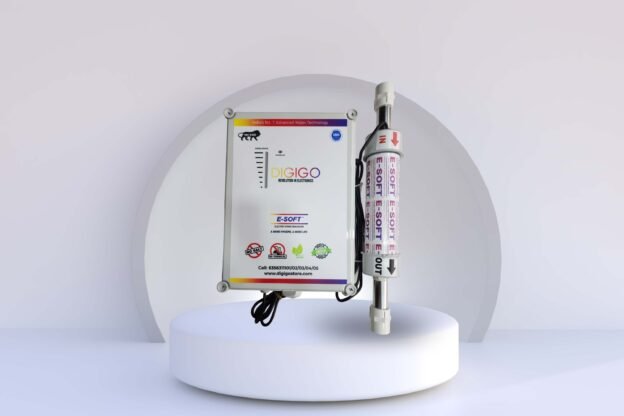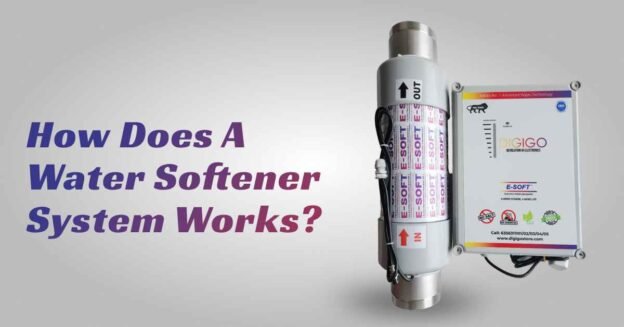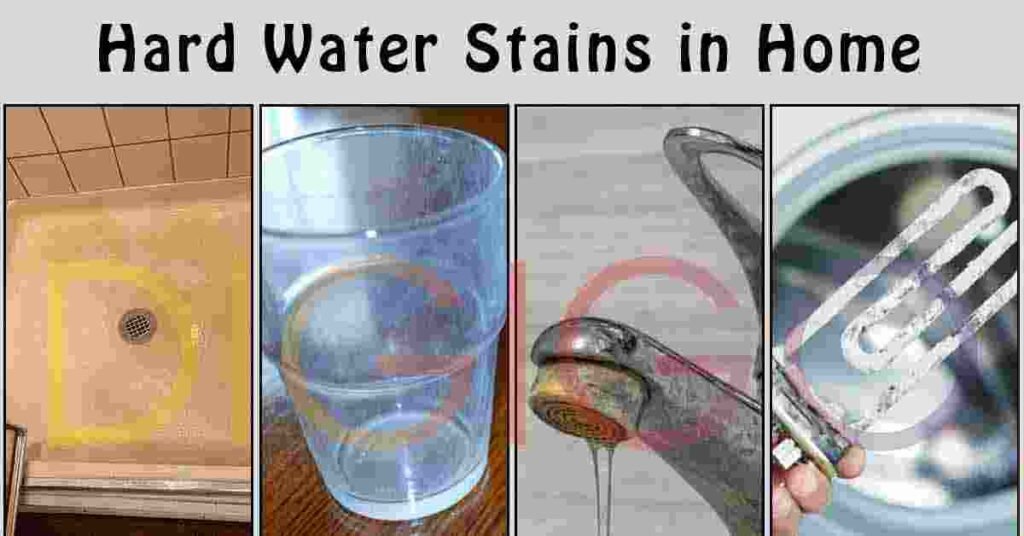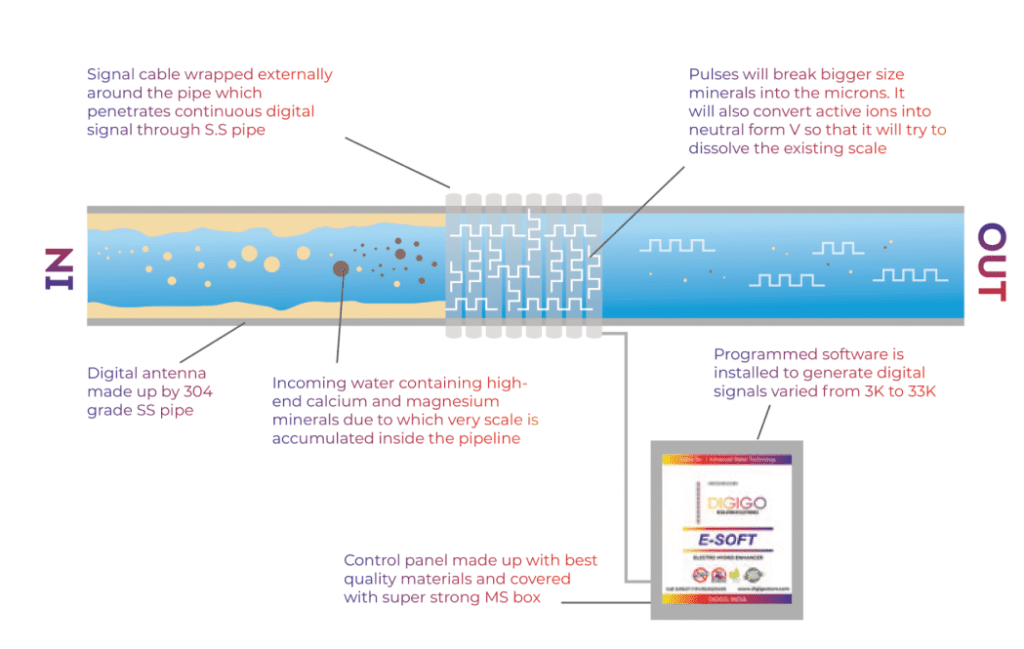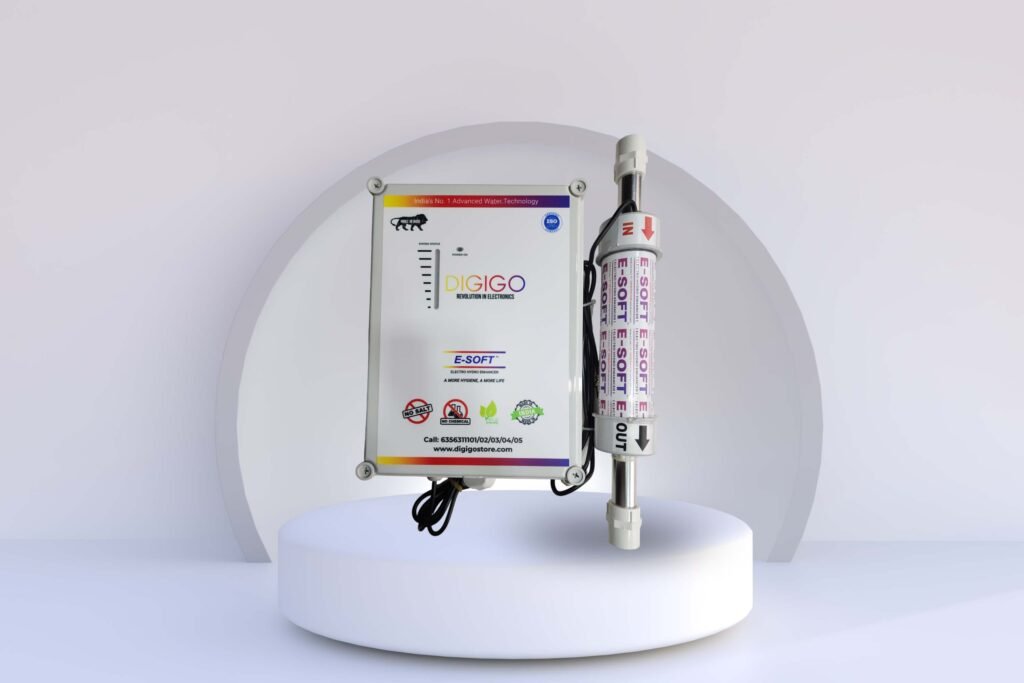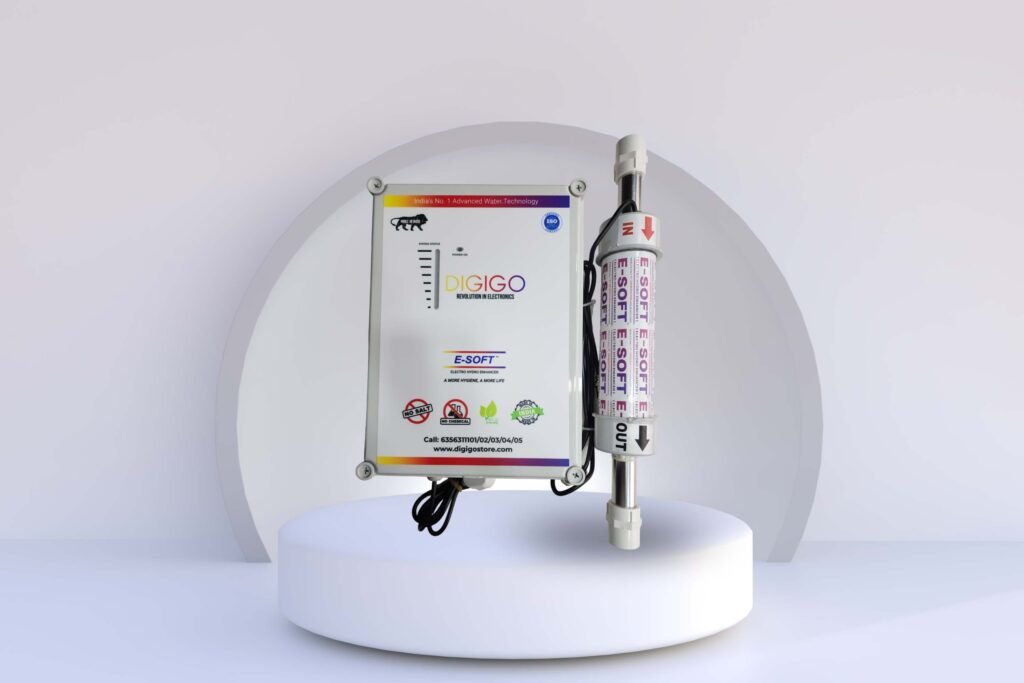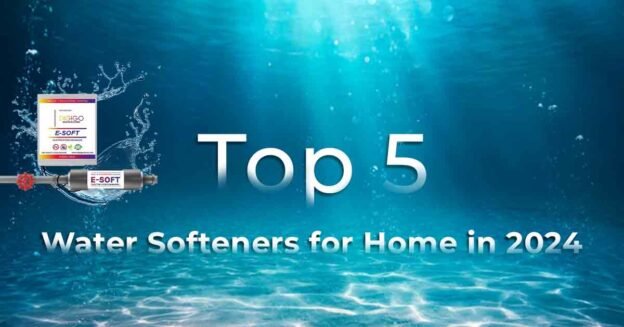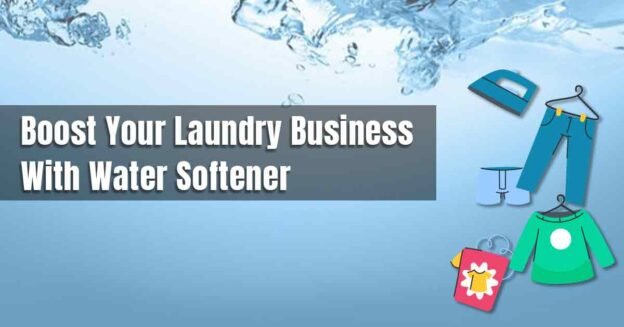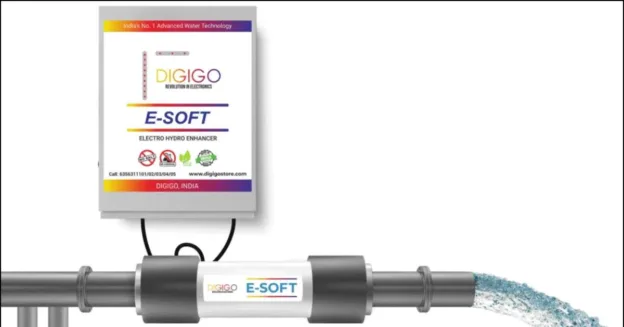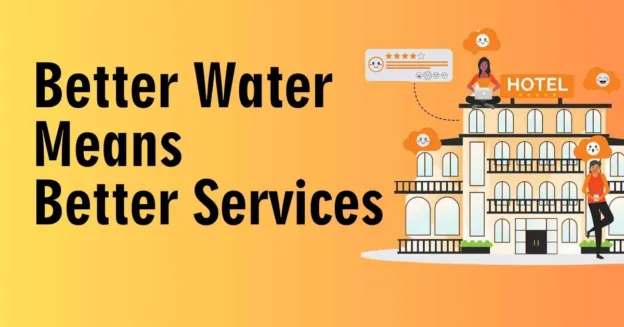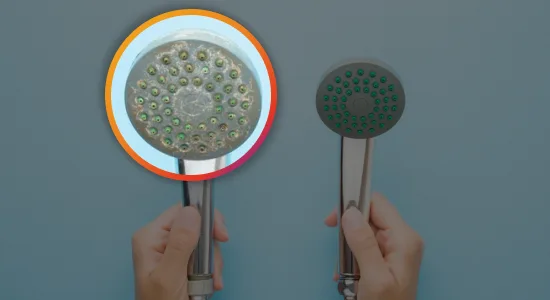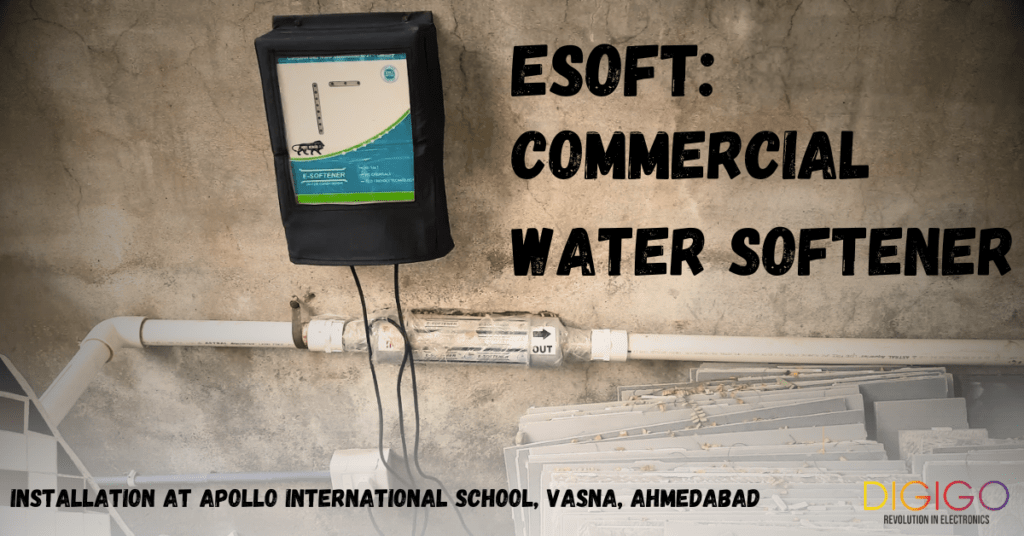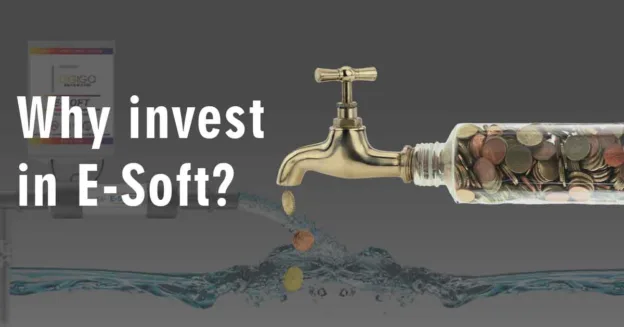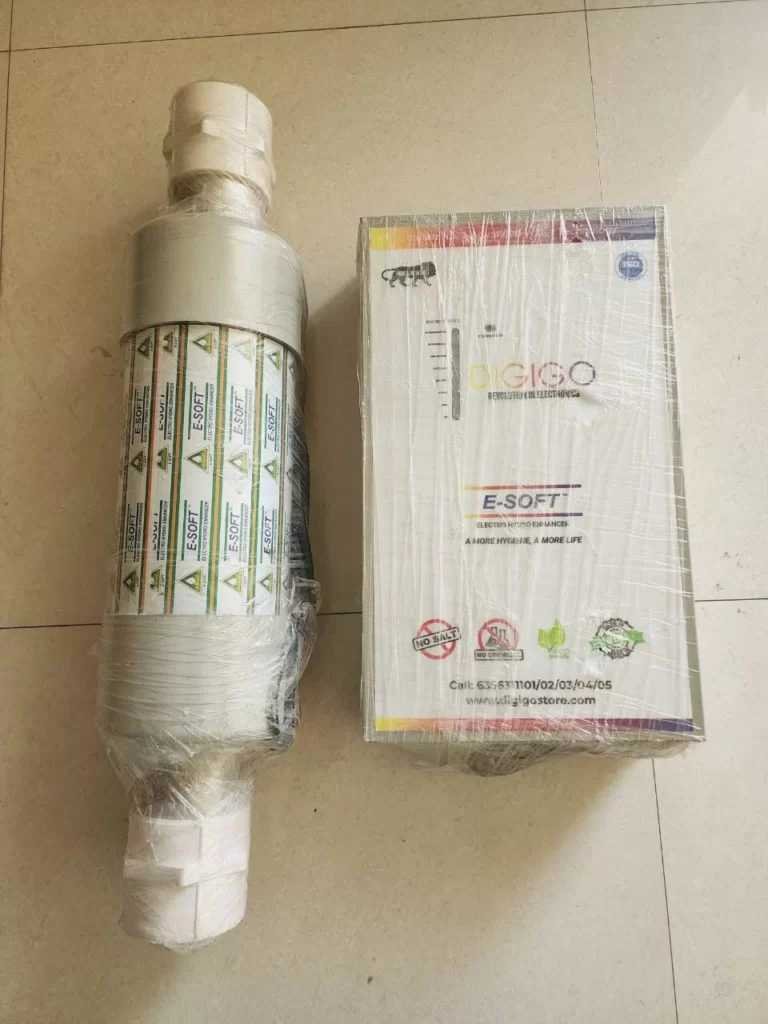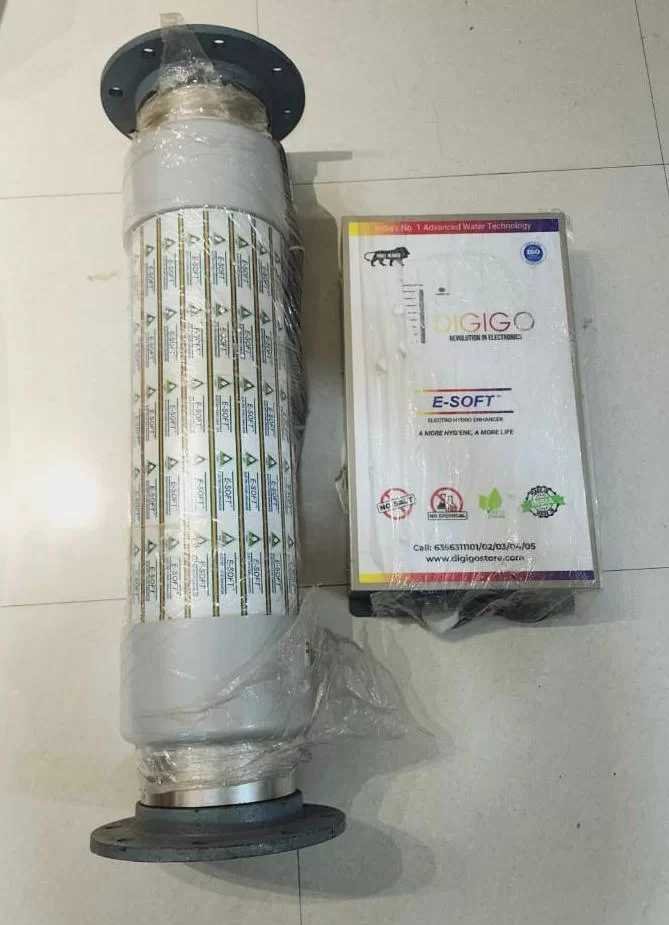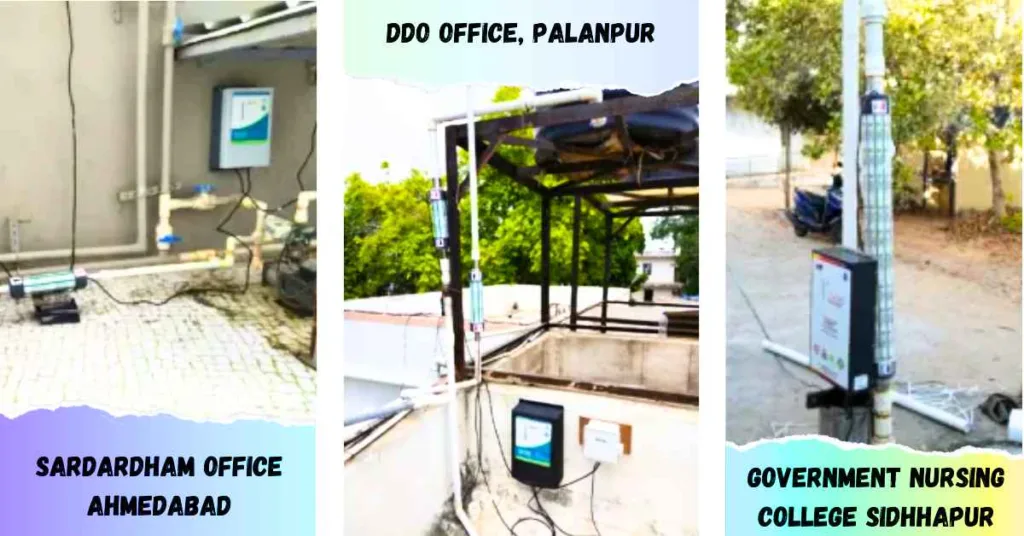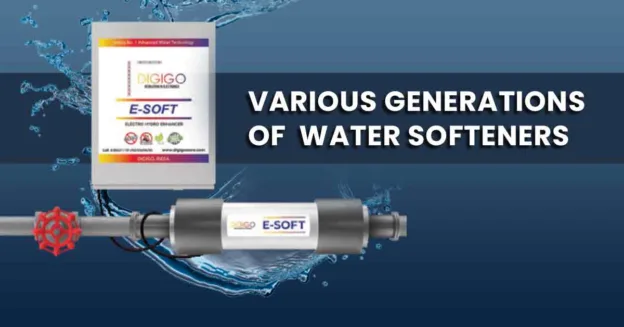My color, white as cotton, bright as a sun. This was my appearance when I was first constructed but as people kept using me, the color started to fade and it became yellowish. It was not because of the usage but because of the hard water.
Hard water has affected me, my equipment, and my color badly. The hard water has harmful particles such as magnesium and ions which has created a bad scenario for me due to the usage in the long term.
Hard water is the raw form of water flowing through the pipes to the house. Due to its hard nature, it is unsuitable for use and needs to be treated properly to save myself from various problems.
I was well made and was neat and clean but as people kept on using hard water I became the exact opposite. The hard water has developed scales and corrosion on my surfaces.
Algae and other fungi had also been developed. Due to this regular plumbing was needed which made my house budget unstable and time wastage was also experienced. The water didn’t come out from the surface properly and the water was harsh as well.
My pipes were regularly clogged and choked, regular plumbing was a main issue and very problematic not only for me but for the house owners as well. The hard water also helped in the color fading. I was rich as white and then I became pale, sticky, and yellowish. The hard water can fade the colors of the bathroom if used for a long run.
My appliances also became insufficient, the hand shower didn’t have water flowing fully but partially which was a problem during hair wash and the shower was facing the same problem.
Regular changes to the shower were done and the cleaning was done as well still the problem wasn’t solved. The wash basin was choked and the showering experience was getting ruined day by day. It was more ruckus than relaxing.
Then a water softener for home installed in my bathroom and then I was just like never before. The hard water problems were cured. The scales and corrosion were cured. The water from Water softener for bathroom was so efficient that the pre-developed scales were removed automatically in no time.
The water started flowing easily from the pipes and at full speed. Whether it was the hand shower, main shower, wash basin, or any other source, the water flow was very efficient. No plumbing was required and a lot of money was saved with this one-time investment.
The yellowish and pale color transformed into white and apart from me, house owners were benefitted also. Their skin became soft and glowy, their hair got nourished and their hair strength also improved.
The water never got stuck in my pipes and there was no money wastage or time usage behind plumbing. This hard water softener for bathroom has turned out to be a gift for me.
The best thing is that I am salt-free and chemical-free as Digigo water softener does not use any chemicals or salts to soften the water, it softens the water electronically.
I became brighter than white, and my equipment was like new after using soft water from water softener for bathroom for a little amount of time. No cloaking, no choking, and no ruckus. The bathroom experience for house owners became better than before and softer too.
100% recommended water softener for bathroom available in the market. This bathroom water softener provide you with a free demo too. So what are you waiting for??? Check our Digigo E-Soft now!!!
